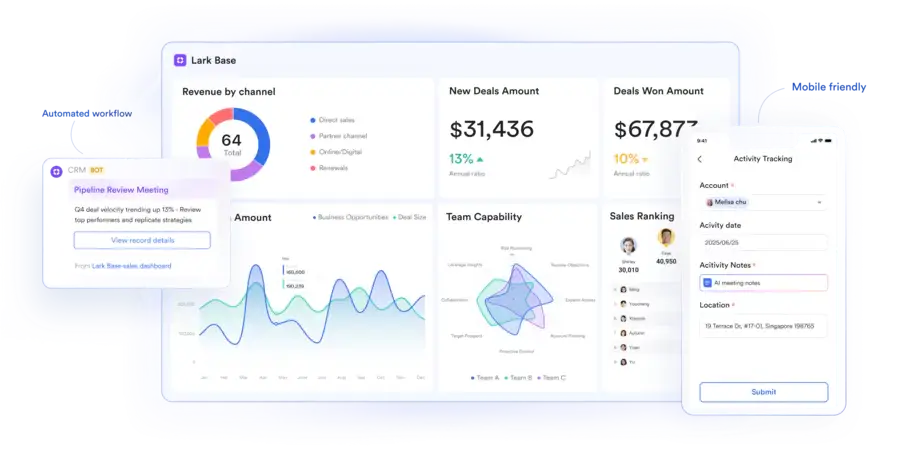In today’s digital age, privacy and data security have become essential concerns for internet users around the world. Virtual Private Networks (VPNs) have become more and more popular due to geo-restrictions, data breaches, and increased internet surveillance. For users on a tight budget, the idea of a VPN free of charge is very appealing. But the big question remains: Are free VPNs really secure? Let’s explore the answer while also taking a closer look at reliable options like iTop VPN.
Why is a VPN necessary and what is it?
This provides several benefits:
- Keeps your online activity private from ISPs, hackers, and third-party trackers
- Lets you access content restricted by geographic location
- enhances security when utilizing public Wi-Fi.
While the advantages of VPNs are clear, choosing the right one—especially a free one—requires careful consideration.
The Appeal and Risks of Free VPNs
Free VPNs are attractive for obvious reasons. They promise anonymity, access to restricted content, and improved security—all without costing a cent. Even yet, “You are the product if you are not paying for it.” This is the difficult part.
Common Risks of Free VPNs:
- Data Logging and Selling
Many free VPN providers log user activity and sell it to advertisers or third parties. This goes against the very purpose of using a VPN—to stay anonymous. - Limited Encryption Standards
Not all free VPNs offer strong encryption. Some use outdated protocols that can be easily compromised, leaving your data vulnerable. - Malware and Intrusive Ads
Some free VPNs come bundled with malware, spyware, or adware that can infect your device. Others bombard users with ads, making the experience frustrating and unsafe. - Bandwidth Throttling and Speed Caps
Most free VPNs severely limit speed and bandwidth, making streaming or downloading difficult. - Lack of Transparency
Many free VPN services are not transparent about who owns them, where their servers are located, or what data they collect.
iTop VPN: A Safer Free VPN Alternative

Among the crowd of VPN providers, iTop VPN stands out by offering a VPN free plan that balances security, usability, and transparency. The following explains why privacy-conscious consumers are increasingly using iTop VPN:
1. No-Log Policy
iTop VPN commits to a strict no-log policy. It protects your online privacy by not tracking or storing your browsing information.
2. Strong Encryption
It protects your data with military-grade AES-256 encryption. This is the same standard used by governments and security agencies worldwide.
3. Global Server Network
iTop VPN offers access to several servers worldwide, even in its free edition. This makes it ideal for bypassing geo-restrictions on platforms like Netflix, YouTube, and more.
4. User-Friendly Interface
iTop VPN is easy to install and use. With a simple dashboard and quick-connect options, even beginners can protect themselves online in seconds.
5. Built-in Ad and Malware Blocker
Unlike many free VPNs that push ads, iTop VPN includes ad-blocking and malware protection features, improving both safety and browsing experience.
Things to Consider Before Downloading a Free VPN
Before downloading any VPN free of charge, here are a few things to look into:
1. Privacy Policy
Always read the VPN’s privacy policy. If it’s vague about data collection or mentions third-party sharing, it’s best to avoid that provider.
2. Ownership and Jurisdiction
Know who owns the VPN and where it’s based. Some countries have strict data-sharing agreements that could compromise your privacy.
3. Security Features
Make sure the VPN offers secure protocols (like OpenVPN or WireGuard), strong encryption, and DNS leak protection.
4. Server Locations and Speed
A good VPN should offer multiple server locations and decent speeds even in its free version. Avoid services that throttle bandwidth heavily.
5. User Reviews and Reputation
Do a quick background check. User reviews and expert opinions can tell you a lot about a VPN’s reliability and safety.
Final Thoughts
Using a VPN free version is not inherently unsafe—but it depends entirely on the provider. Many free VPNs come with serious compromises, from weak encryption to shady data practices. That said, reputable providers like iTop VPN are changing the game by offering secure, fast, and reliable VPN services even at no cost.
If you’re serious about online privacy but not ready to invest in a paid service, iTop VPN provides a trustworthy starting point. Just remember: your data is valuable. Don’t trade it away for “free” unless you’re sure it’s protected.













